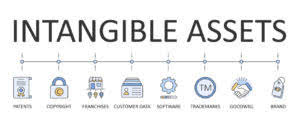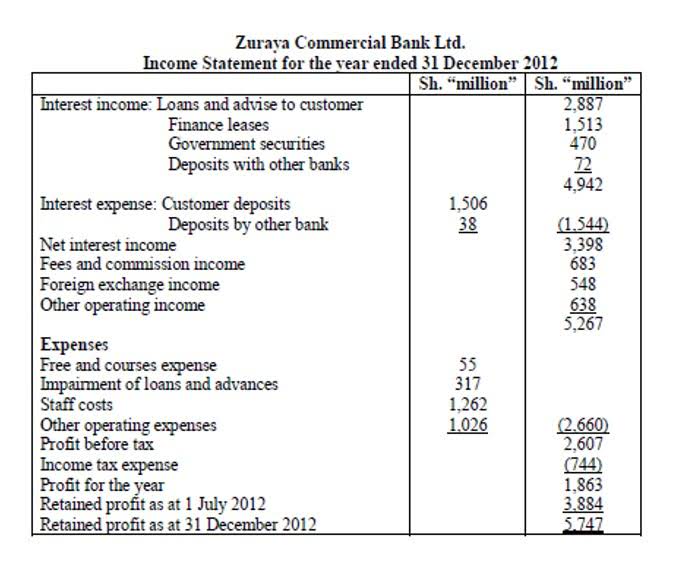
Executing proper transportation accounting procedures requires as much training and expertise as the transporting itself. While there’s no substitute for experience, here are some common pitfalls you should know to avoid. One of the best ways to streamline your IFTA reporting is by using a dedicated fuel card. These work much like any other credit card, except they’re tied to a unique driver number and provide fuel discounts. Truckers must choose between the two fundamental methods of accounting, the cash and accrual bases. They impact your tax return significantly, so consider consulting an accountant before choosing one.
Are you looking for ways to expand your business or cover operating expenses? Remember, it can be surprisingly hard to catch up on trucking records once you’ve fallen behind. It becomes even worse if you also neglect to separate your business and personal truckers bookkeeping transactions. Because the IRS sees semi-trucks as qualified nonpersonal use vehicles, you must deduct your actual auto costs instead of using the standard mileage method. Keep records of each purchase’s amount, date, location, and business purpose.
Bookkeeping Vs. Accounting for Trucking
It’s a routine, administrative process that requires relatively little critical thinking. Fortunately, you don’t need to hire an accountant for your business full-time. Outsourced accounting lets you select only the specialized accounting services you need, keeping your costs down.

The cash basis involves recognizing revenues when you receive payments and deducting expenses when you pay them. Here’s what you need to know about trucking accounting, including how to set up an effective system and some common mistakes to avoid. Accounting is one of the least exciting aspects of small business ownership for many owner-operators. However, you can’t afford to neglect it since your responsibilities can quickly become overwhelming if you fall behind. Nick Gallo is a Certified Public Accountant and content marketer for the financial industry. He has been an auditor of international companies and a tax strategist for real estate investors.
How To Do Accounting For Trucking
He now writes articles on personal and corporate finance, accounting and tax matters, and entrepreneurship. That’s another reason paying for tax services is essential for the transportation business. In addition, ignoring your accounting for more than a couple of months means you’ll likely miss one or more tax due dates. If you fail to make estimated tax payments, submit your IFTA reports, or file Form 2290 on time, you’ll face penalties and interest. For example, transportation management software, also known simply as trucking software, is a must-have for owner-operators.

Another decision every small business owner has to make is what type of legal entity they want to use. Sole proprietors are the default structure, so owner-operators who start doing business without filing any paperwork will fall into that category. Accounting is more sophisticated and analytical than bookkeeping, and there’s often more at stake. For example, accounting errors could cause you to miss out on valuable financing or get you in trouble with the Internal Revenue Service (IRS).
An Introductory Guide To Trucking Accounting
The accrual basis of accounting requires that you recognize revenues when you earn them and expenses when you incur them, regardless of when funds enter or leave your accounts. It takes more work, but it also documents your profitability more accurately. As a sole proprietor, you and your trucking business are a single entity. It’s often even more difficult for truck drivers, whose gas and food expenses could easily be personal costs if they occurred outside of a trucking trip.





